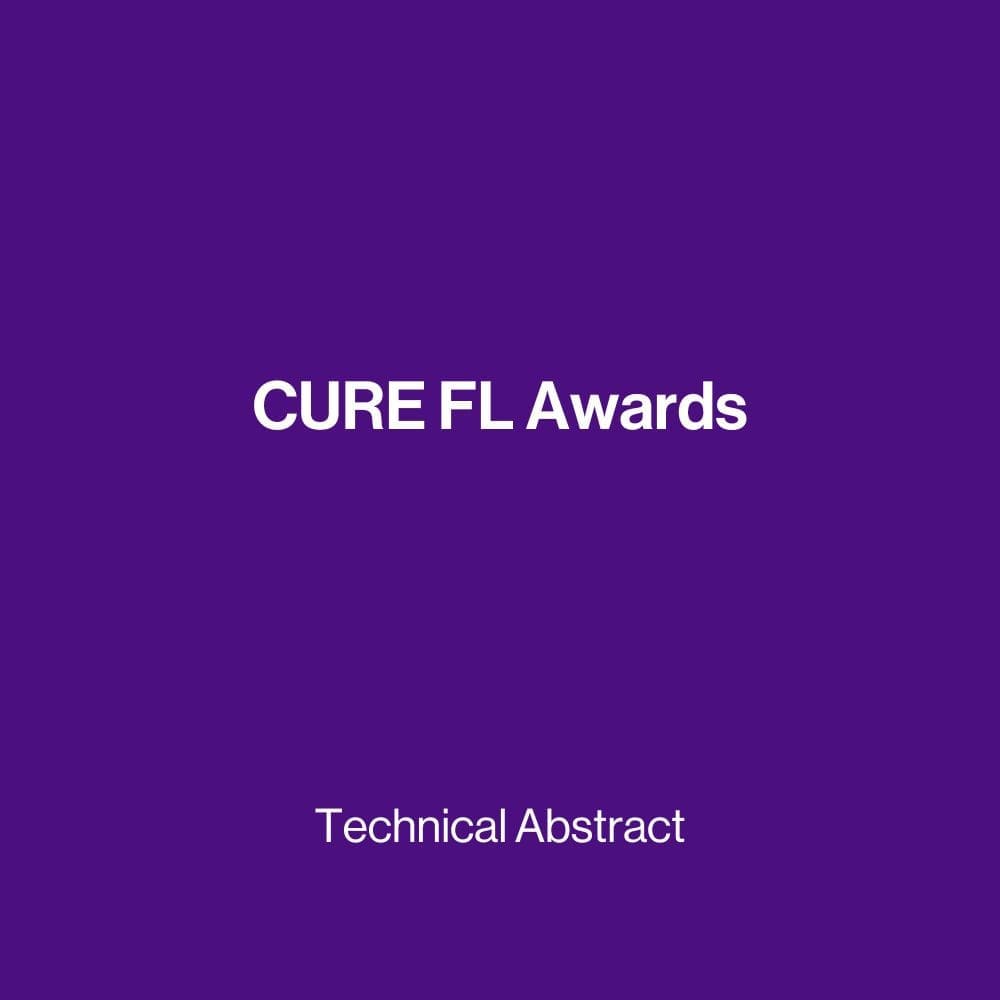
Technical abstract:
Follicular lymphoma (FL) is an indolent disease, and the primary clinical goal in managing FL is to prolong survival while optimizing quality of life by minimizing symptoms from disease and treatment side effects. Immunotherapies including CAR T-cell and bispecific T-cell engagers have shown exciting efficacy even in patients who have relapsed or are refractory to several lines of therapy, but there is further room for improvement. We believe that EZH2 inhibition (EZH2i) in combination with immunotherapy has the potential to cure a subset of patients with FL, and further improve immunotherapy outcomes for many more.
Although FLs with EZH2 mutations are more sensitive to EZH2i, treatment is still effective even without a mutation and affects both the lymphoma cells themselves and the tumor microenvironment. These effects on the immune milieu imply that EZH2i may be most effective in relatively immunocompetent patients and may help potentiate the efficacy of other agents in rational combinations. Preliminary data from our group strongly suggest that EZH2 inhibition has the potential to enhance the efficacy of immunotherapy including bispecific antibodies and CAR T-cell therapy.
We plan to evaluate this hypothesis in preclinical models and by performing clinical trials with targeted correlative studies. Preclinically, we plan we evaluate the combination of EZH2i with BCL2 inhibitors and immunotherapies using our genetically engineered FL mouse model, the first and only animal model to accurately reflect human FL. We will use this mouse model to test the effects of EZH2i in combination with anti-BCL2 and bispecific antibody therapy or CAR T-cell therapy and its ability to prevent FL progression. We also plan to conduct clinical trials with EZH2i in combination with CAR T-cells, bispecific antibodies, and BCL2 inhibitors to evaluate the safety and clinical efficacy of these drugs in combination. These studies include patients with both untreated FL and relapsed/refractory disease. Using samples from each of these trials, we plan to evaluate the impact of EZH2i and partner therapies on the FL tumor microenvironment and circulating immune cells. We plan to use state of the art methods including imaging mass cytometry, single cell proteomics and transcriptomics, and multiparameter flow cytometry.
Together, these studies will help us to understand the effects of EZH2i in FL and further develop rational drug combinations with the goal of improving outcomes and moving toward a cure for patients with FL.
Name of applicants and institution
PI: Wendy Béguelin, PhD;
co-PI: Peter Martin, MD
Key Project Personnel: Ari Melnick, MD; John Leonard, MD; Roberta Zappasodi, PhD; Lisa Roth, MD; Erin Mulvey, MD; Yusuke Isshiki, MD/PhD; Samuel Yamshon, MD; Ioannis Karagiannidis, PhD.
Weill Cornell Medicine